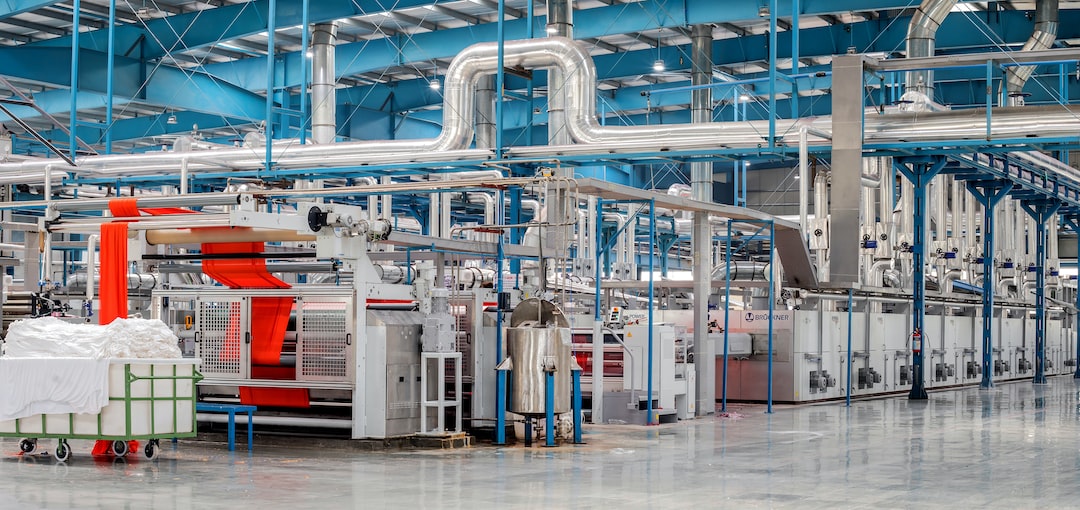How Industry 4.0 is Transforming the Manufacturing Landscape
In recent years, technology has taken center stage in almost every aspect of our lives, and the manufacturing industry is no exception. Industry 4.0, also known as the fourth industrial revolution, is revolutionizing the manufacturing landscape with its integration of advanced technologies and digitalization. This transformative era has the potential to bring unprecedented changes to the manufacturing sector, increasing efficiency, productivity, and sustainability.
One of the key components of Industry 4.0 is the Internet of Things (IoT). IoT enables machines, devices, and sensors to communicate with each other and share data in real-time. This connectivity allows for better monitoring and control of manufacturing processes. For example, sensors embedded in machinery can transmit data on their performance and maintenance needs, allowing for predictive maintenance. By identifying potential failures in advance, manufacturers can reduce downtime and optimize their production capacity.
Another significant technology in Industry 4.0 is big data analytics. With the vast amount of data generated in the manufacturing process, big data analytics can extract valuable insights that were previously inaccessible. Analysis of this data can optimize manufacturing processes, improve product quality, and reduce waste. Manufacturers can make data-driven decisions to streamline their operations and enhance their competitiveness in the market.
Artificial Intelligence (AI) is another game-changing technology in Industry 4.0. AI can automate complex tasks and make intelligent decisions based on data analysis. Machine learning algorithms can analyze large datasets to identify patterns, predict demand, and optimize production schedules. AI-powered robots and machines can work alongside humans in factories, increasing productivity and efficiency. This integration of AI and robotics is known as autonomous robotics, and it has the potential to transform the manufacturing landscape by enabling more flexible and efficient production processes.
Industry 4.0 also brings with it the concept of smart factories. Smart factories leverage advanced technologies like IoT, AI, and big data analytics to create fully integrated and interconnected production systems. These factories can self-optimize their operations based on real-time data, monitor inventory levels, and even communicate with suppliers and customers for seamless coordination. The result is increased productivity, reduced costs, and faster response times to customer demands.
Moreover, Industry 4.0 is not just about technological advancements; it also emphasizes sustainability. With the integration of renewable energy sources and the use of energy-efficient machinery, manufacturing processes become more environmentally friendly. Additionally, the ability to monitor and control energy consumption enables manufacturers to identify areas of optimization and reduce waste.
In conclusion, Industry 4.0 is transforming the manufacturing landscape by integrating advanced technologies and digitalization. The Internet of Things, big data analytics, artificial intelligence, and smart factories are revolutionizing manufacturing processes, increasing efficiency, productivity, and sustainability. These technological advancements offer manufacturers the opportunity to optimize their operations, reduce costs, and stay competitive in an ever-evolving global market. Embracing Industry 4.0 is no longer an option; it is a necessity for businesses looking to thrive in the manufacturing industry of the future.

